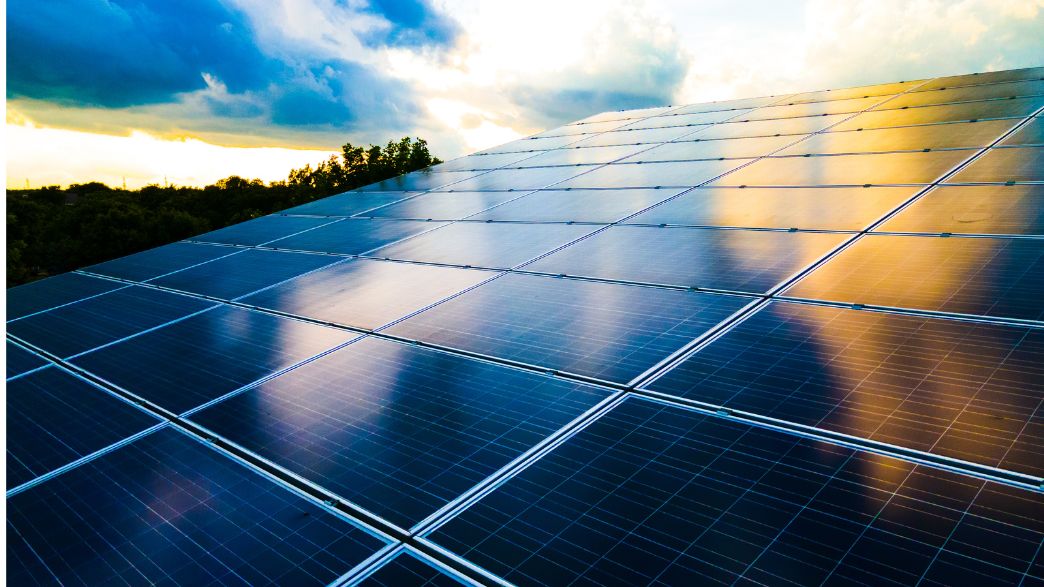In a global scenario marked by geopolitical challenges, high interest rates and cost inflation, investment in clean energy demonstrated impressive resilience, reaching a new record level in 2023. According to the Energy Transition Investment Trends 2024 report, released by BloombergNEF (BNEF ), global investment in the low-carbon energy transition jumped 17%, reaching the US$1.77 trillion mark. This annual growth reflects not only the urgency of the fight against climate change, but also investors’ growing confidence in clean energy technologies.
The Boost for Electric Vehicles and Renewable Energy
The BNEF report highlights that electric transport has emerged as the largest spending sector in the energy transition, with a 36% increase in 2023, totaling US$634 billion. This amount covers investments in electric cars, buses, two- and three-wheeled vehicles, commercial vehicles and associated infrastructure. The rise of electric transport has outpaced the renewable energy sector, which also saw significant growth of 8% to reach US$623 billion. The latter reflects investment in the construction of renewable energy production facilities, such as wind, solar, geothermal and biofuel plants.
Global Leadership and Supply Chain Investment
China maintained its leadership position in clean energy investments, contributing US$676 billion in 2023, representing 38% of the global total. However, the European Union, the United States and the United Kingdom together exceeded this figure, investing a total of US$718 billion. Investment in the US, in particular, grew 22% year-on-year to $303 billion, driven by the effects of the Inflation Reduction Act.
Additionally, investment in the global clean energy supply chain reached a new record of US$135 billion in 2023, and is forecast to increase to US$259 billion by 2025. This growth is crucial to the expansion of clean energy technologies, including the production of battery equipment and metals.
Brazil in the Biodiversity Investment Scenario
Brazil emerges as a protagonist in the biodiversity financing scenario, with the potential to raise around US$ 1 trillion in annual subsidies for the preservation of environmental assets. According to a BNEF study, regions such as the Amazon and the Atlantic Forest are the focus of global investments, especially those related to the sale of carbon credits. Jon Moore, CEO of BNEF, emphasizes the importance of these biomes as priority areas for investments that significantly contribute to climate change mitigation.
Challenges and Future Perspectives
Despite significant advances, the BNEF report highlights that the current level of investment is still far from what is necessary to achieve carbon neutrality by mid-century. An average investment of US$4.8 trillion per year, between 2024 and 2030, would be needed to align with BNEF’s Net Zero Scenario, a trajectory aligned with the Paris Agreement.
BNEF’s Energy Transition Investment Trends 2024 report provides a comprehensive view of the current state and future prospects of clean energy investment. While celebrating the records achieved in 2023, it also draws attention to the need for determined action from policymakers and investors to accelerate the transition to a low-carbon economy.
The energy transition is underway, and 2023 marks a significant inflection point in global investment in clean energy. As we move forward, collaboration between governments, the private sector and the international community will be key to overcoming the challenges and seizing the opportunities that the energy transition offers.

Comment